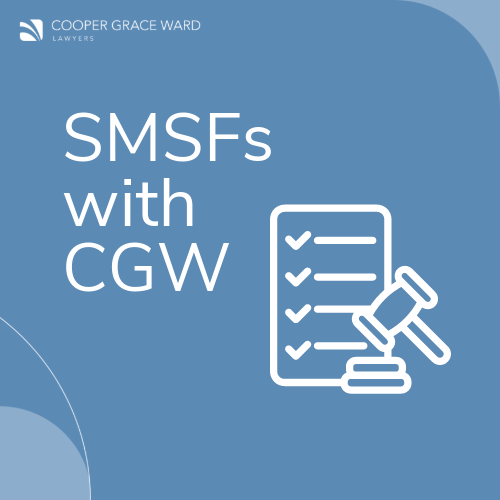The recent story of baby Gammy, allegedly abandoned by an Australian couple after his birth in Thailand as a result of a commercial surrogacy arrangement, has ignited debate about the legality of international surrogacy laws and their application in Australia.
There is a great deal of conflicting information in the media about the circumstances of Gammy’s birth and what each party to the surrogacy arrangement knew before and after Gammy was born. For anyone considering participating in a surrogacy arrangement, this very emotional situation should serve as a timely reminder that there are significant legal requirements that must be strictly complied with before any surrogacy arrangement in Australia will be endorsed by a court.
Gammy’s story
We are told, through the various media reports, that Gammy was conceived, with his twin sister, as a result of artificial fertilisation by way of a commercial surrogacy arrangement in Thailand. Gammy was born with Down syndrome and a congenital heart condition requiring ongoing medical treatment.
The surrogate mother has told the media she received $11,700 AUD to act as a surrogate for an Australian couple. The mother has indicated she was offered a further cash amount when it was determined she was pregnant with twins. Gammy was born with special needs and was not taken into the care of the Australian family who had paid the surrogacy agency. Gammy’s twin sister did not have those same health challenges and was taken into the care of the Australian couple when she was able to be released from hospital.
A public appeal for assistance has raised funds for Gammy’s medical treatment and living costs.
The Australian couple have made a limited media statement denying that they abandoned Gammy after his birth.
Like Australia, Thailand has legislation prohibiting commercial surrogacy (although the media has reported there are a number of commercial agencies operating in Thailand, whether registered or not.)
Issues for Australians considering entering into a surrogacy arrangement
It is important to remember that, presently, no state or territory in Australia allows parties to enter into a commercial surrogacy arrangement; that is, an arrangement whereby the birth mother receives money or any other form of inducement to participate in a surrogacy arrangement.
Altruistic surrogacy remains the only legal way for parties to engage in surrogacy arrangements in Australia. Altruistic surrogacy involves a surrogate mother agreeing to carry a child for the intended parents without receiving any payment other than those authorised under the relevant surrogacy legislation.
The Surrogacy Act 2010, in effect in Queensland, for example, makes it illegal to procure a commercial surrogacy arrangement either in Australia or overseas. That means that, even if commercial surrogacy arrangements are legal in another country, any Australian citizen who participates in such an agreement has committed an offence and is liable for punishment.
The circumstances surrounding the payment of commercial surrogacy costs overseas often come to a court’s attention when the parents have returned to Australia and request that a parenting order be issued recognising their parental responsibility for the child. The court may refuse to make any parenting order and may refer parents to the Australian Federal Police so their conduct can be reviewed.
In addition, there can be legal ramifications in the birth country for parties who have engaged in commercial surrogacy, including the birth mother, if those types of arrangements are not expressly permitted under that country’s legislation.
How can hopeful parents avoid legal problems when engaging a surrogate?
Couples who are struggling to create a family might consider that overseas surrogacy arrangements offer them the solution they have hoped for. However, it is important to consider the legal consequences of such arrangements. Surrogacy remains a complex issue and strict compliance with Australian legislation is required before an order can be made recognising the intended parents formally as a child’s legal parents.
For example, if the surrogacy arrangement is not properly recorded and signed by all parties before any artificial conception procedures, the arrangement will be void and no transfer of parentage order will be made.
We recommend that you speak with a family law specialist who can help to explain exactly what is required of you and the other parties before, during and after the surrogacy process.
We are unlikely to ever know for sure which version of events is correct in relation to Gammy or the circumstances in which he went to live with his birth mother. What we do know is that any couple considering entering into a surrogacy arrangement in Australia or overseas must first understand the legal requirements for surrogacy in Australia and the difficulties they will encounter obtaining an order recognising them as the child’s parents if the child has been born of a commercial surrogacy arrangement in another jurisdiction.
Cooper Grace Ward’s experienced family law team can explain the surrogacy process to you and help you to comply with the detailed compulsory legal procedures surrounding surrogacy arrangements.
Please contact a member of our team if you would like to discuss this issue or your own circumstances further.



